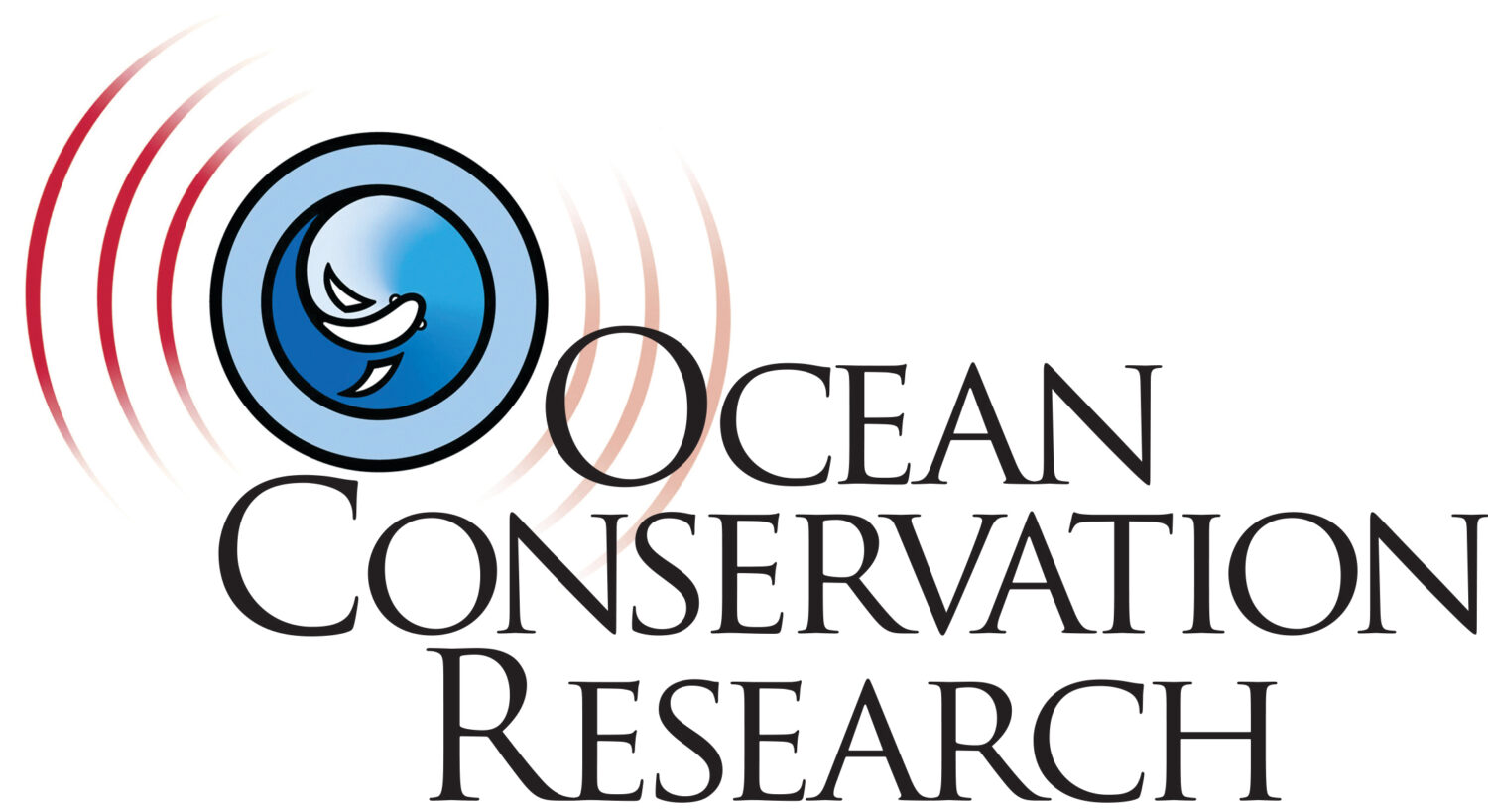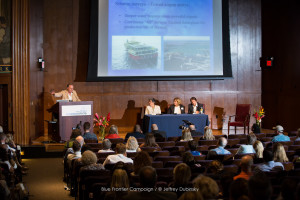Last week found the OCR office and staff (Gwynn and myself) with a few hundred other ocean conservationists and activists out in Washington DC attending the fifth annual Blue Vision Summit. This convening has been growing in stature since its inception by author David Helvarg, where we now have the honor of gathering with Ocean Champions such as Senator Sheldon Whitehouse and Rep. Sam Farr; ocean royalty such as His Serene Highness Prince Albert II of Monaco and “Her Deepness” Sylvia Earle; and a large shoal of ocean conservation leaders from all over the US.
There are many reasons, delights, and benefits in convening with other ocean lovers. Meeting in the Nation’s Capital carries the extra benefit of firing us up on our causes so we can take them to “The Hill” and let our congressional leaders in on our concerns – with the objective of having them express those concerns through laws and actions. While the results remain to be seen, when some 137 citizens show up to >150 offices, congressional leaders take note.
We were focused on two issues: Pirate Fishing (Illegal, Unreported, and Unregulated Fishing) which accounts for some 20% of all fish eaten in the US at the expense of ocean health, domestic fishing economies, and the human traffic of maritime slave laborers. The other issue was halting oil and gas development on the Outer Continental Shelf (OCS).
OCS oil and gas development has been a significant ongoing focus for us. Particularly since last year when the actions of the Bureau of Ocean Energy Management (BOEM) and the Obama Administration began recklessly plowing past regulatory decorum in an effort to foist offshore fossil fuel development on the American people – despite the large and growing opposition to it.
Amplifying our efforts before we “Hit the Hill” I was asked to be a panelist on an OCS Offshore Energy session along with Vice Mayor Johnny Miller from the City of San Fernandina Beach, Florida, and Dr. Stephanie McClellan, Director, Special Initiative on Offshore Wind, University of Delaware. The OCR Hymnal on this is all about “what happens after the airguns hit the water.” The overarching message is that fossil fuel development is turning the ocean into a huge roaring oil refinery – compromising the soundscape for all whales, dolphins, pinnipeds, fish, and invertebrates that live beneath the waves.
It was evident from the feedback that many of our colleagues got this message and took it up to Congress on our Hill visits. The mill of public understanding often grinds slow; OCR has been driving this message for years now while only marginally moving the needle ahead. But once the message is in the dye it becomes an indelible part of the discussion. While the industrialization of the seafloor is not the first flashing red light that comes up in the offshore oil conversation, I am seeing evidence that it is beginning to raise eyebrows.
This is a good thing, because the implications of marine habitat disruption from global industrial noise is really alarming. For me, being alarmed for years is exhausting.

